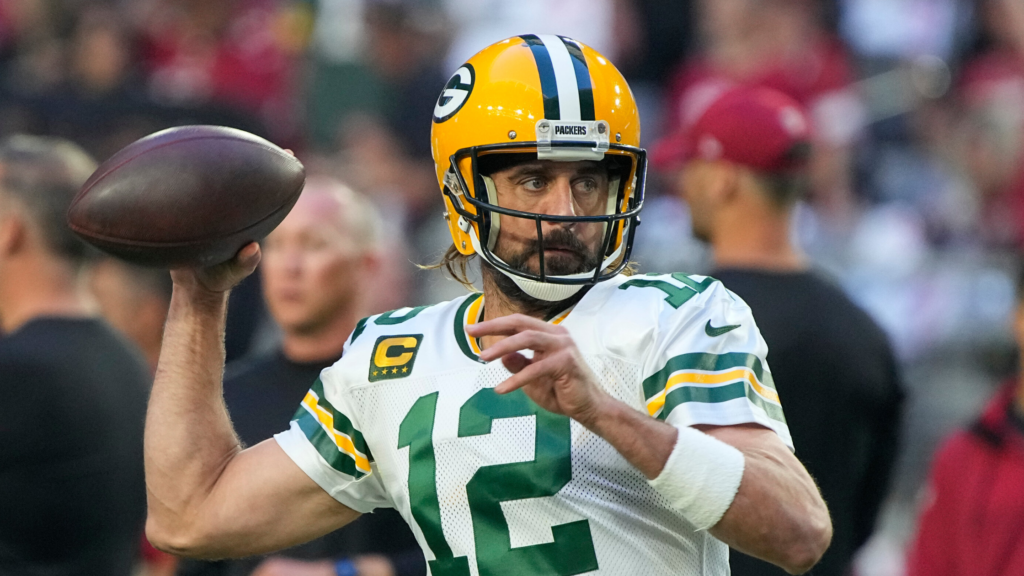I recently listened to an interview that Green Bay Packers quarterback Aaron Rodgers had with Aubrey Marcus. Aubrey is a well-known podcaster who is very involved in the psychedelic community and a proponent for the healing and expansive qualities of psychedelics. The controversial QB, who last summer misled the press about his vaccination status, talked about how he took ayahuasca during two separate trips to Peru. One of the most sacred places on earth and home to shamanistic traditions – and how it completely transformed his life.
The intention he set, which is customary for psychedelic ceremonies, was to experience pure love. It gave him a deep and meaningful appreciation for life, imparting a blessing of love and forgiveness. What’s noteworthy about the latter is that he also spoke about the possibility of reconciling with estranged members of his immediate family. As a result of the incredible bliss he experienced, Rodgers felt freer to be a leader, as well as forge stronger bonds with his teammates. He also felt that it paved the way for him to have a stellar season, which resulted in him being named Most Valuable Player.
When news of this psychedelic journey surfaced, popular sports broadcaster Colin Cowherd mocked his use of ayahuasca – noting how it appeals to “hippies, burnouts and affluent white people with too much time on their hands.” That take, while humorous, feeds the stigmatization of psychedelics that got conflated in the 1960s when the focus was on revelry and the medicinal purposes of these substances dating back thousands of years became lost in the counterculture. Ayahuasca doesn’t automatically fix everything that’s broken in your life. However, it does empower people to see things more clearly and facilitate healing where needed.
Related Article: Psychedelic Coaching Helps Boost Personal or Professional Performance
